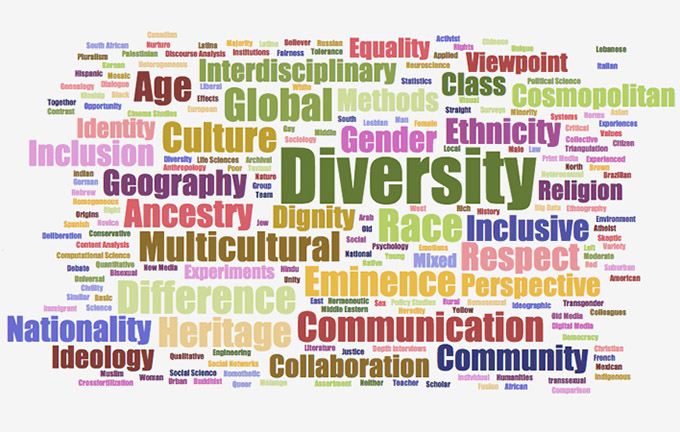
By Helen Twose in Auckland
Auckland University of Technology’s Gender and Diversity Research Group has reached a significant milestone, celebrating 10 years of research and debate on gender and diversity issues within the community.
Formed in 2007 with the aim of establishing a network of researchers within (and beyond) AUT who share an interest in gender and diversity, the research group has developed a thriving research community the institution and internationally through an active research programme of applied and theoretical research, and contributing to new approaches to gender and diversity research in the academic community.
The group commemorated the significant milestone with a research day that included reflection and looking backwards as well as looking forward and imagining new futures for gender and diversity research, said Professor Judith Pringle, founder of the Gender and Diversity Research Group.
“Particularly pleasing was the high attendance from a broad range of people, from academics to those outside the university, including business community and NGOs, who have a very high commitment to reducing inequality among groups, organisations and society,” Professor Pringle said.
Beginning with a keynote from Professor Pringle looking at the evolution of gender and diversity research over the last 30 years, which has fed into the strong establishment of gender and diversity research at AUT, the day included an in-depth discussion from emerging scholars looking at the importance of Māori research and knowledge and its place in academia, the #MeToo movement, and the role of arts in gender and diversity research.
Turning to the future, the group envisioned an “ideal” world without gender and diversity inequality, and how to get there. In the words of one participant: “My two favourite ideas I took from the day are the need to build strong networks within your community of work and the re-imagining of research”.
Event organisers, Dr Katherine Ravenswood and Dr Barbara Myers, said that while the group’s success and longevity was significant – especially in an environment which has seen the demise of Women’s Studies programmes and research groups at universities in New Zealand – it was also confronting.
Valuing Te Ao Māori research
In spite of increased attention to issues of discrimination, the topics addressed on the day, such as sexual harassment, the valuing and contribution of Te Ao Māori research, gendered occupational segregation and glass ceilings, were just as pertinent as 10 years ago.
“The need for the critical, brave research this research group conducts has not diminished. As participants discussed we need to continue to build communities, develop new research methodologies, and to continue to tell the stories and experiences of women from a feminist perspective,” they said.
Key research undertaken by the group includes :
- Submission on the 2017 Draft Employment (Pay Equity and Equal Pay) Bill and research into the gendered valuing of work
- Research into the careers of older women self-initiated expatriates
- Commissioned research into women’s careers in the professions, such as law
- Supporting the development of feminist teaching and research through development workshops
- Postgraduate scholarships to encourage new and emerging researchers










































